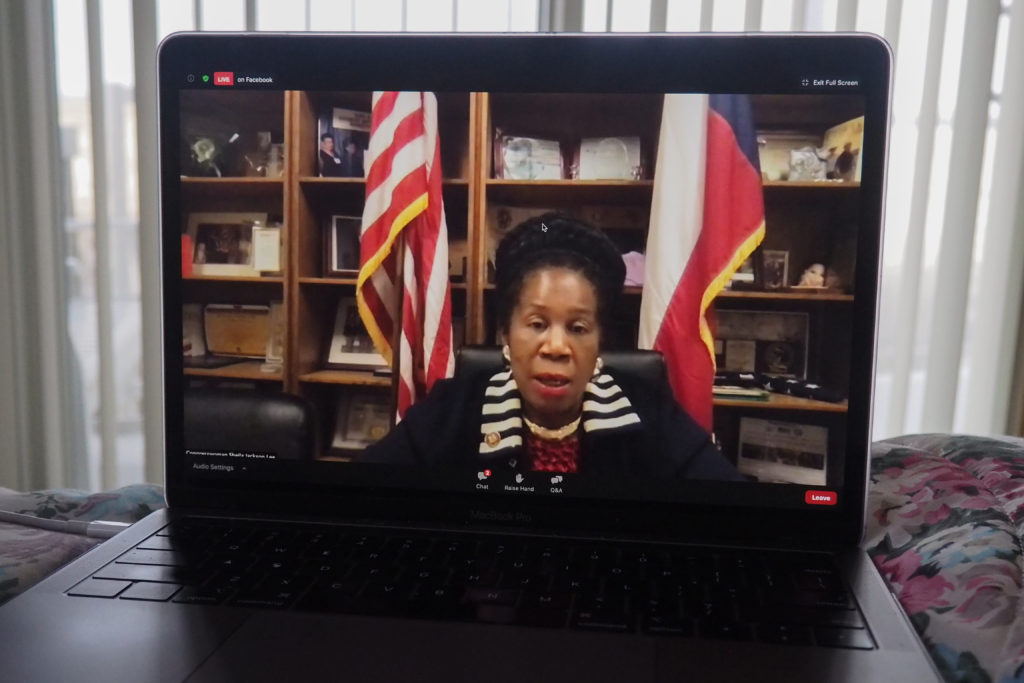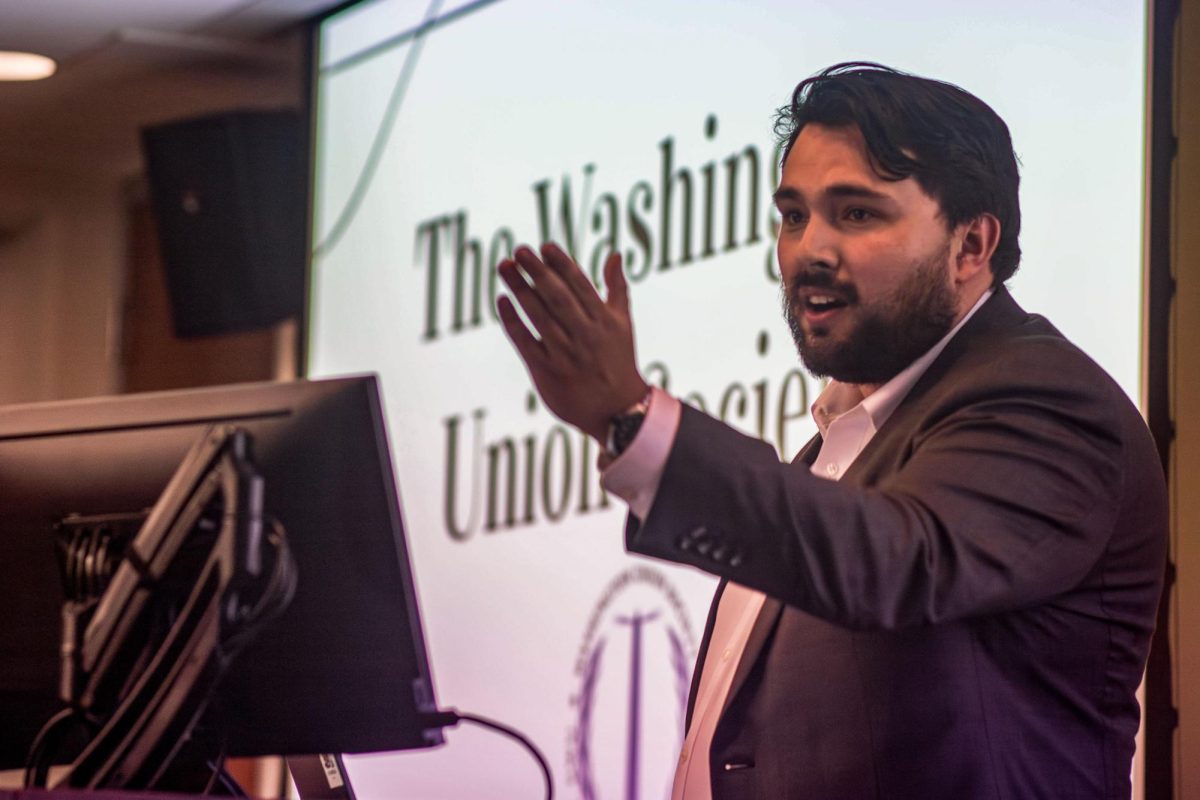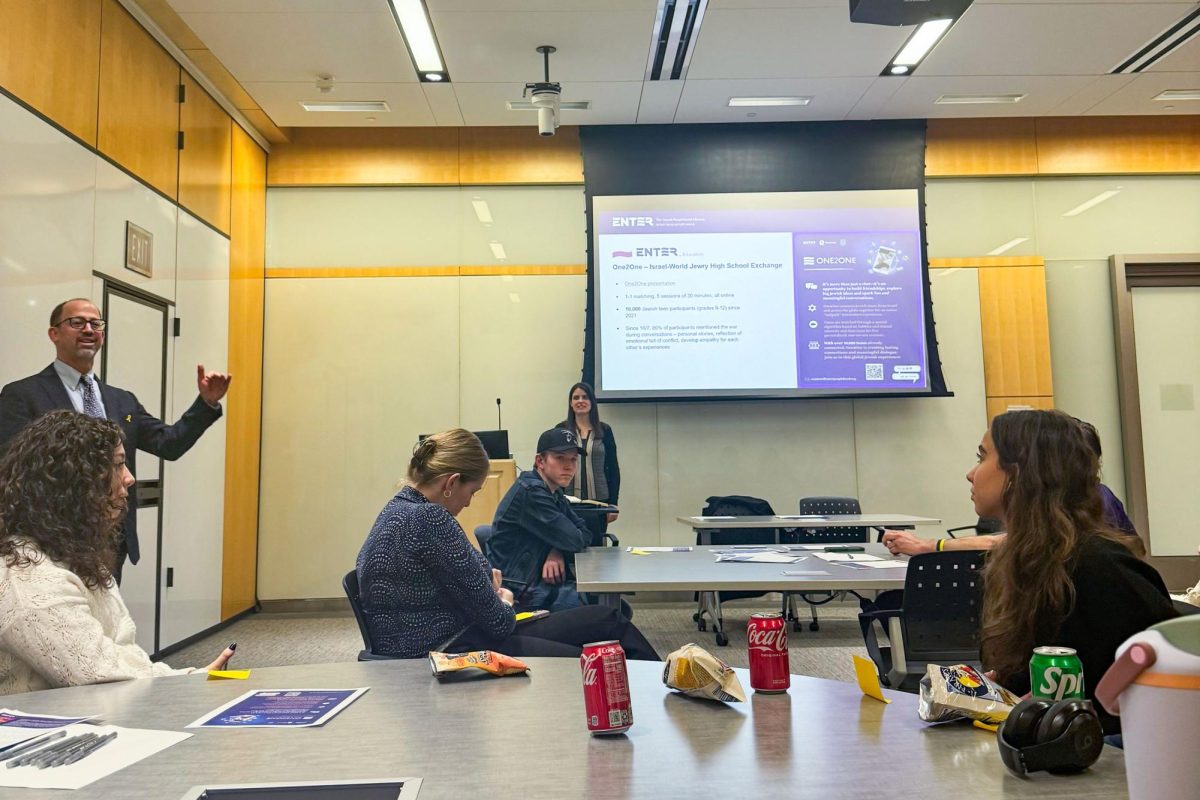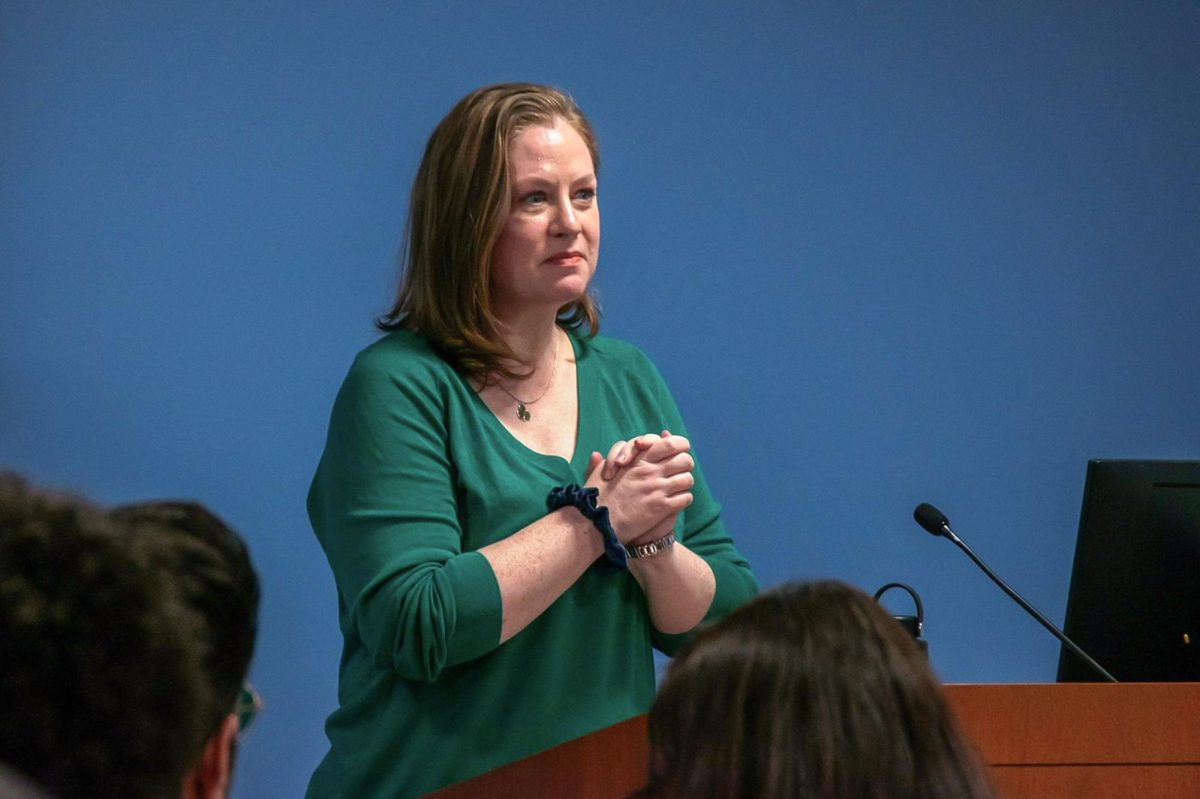D.C. College Democrats hosted a discussion with government and student leaders Friday on the recent push against racism and police brutality.
The panelists included U.S. Rep. Sheila Jackson Lee, D-Texas, and Michigan State Rep. Sarah Anthony, who encouraged students to continue the fight for racial justice. Adrianna Stewart and Kelly Woodson, the co-chairs of the D.C. College Democrats’ black caucus, and Naheim Banks, the executive secretary for D.C. College Democrats, led the discussion, emphasizing the need for activists to maintain momentum after the media stops covering the protests.
The event’s organizers began the discussion with a 27-second moment of silence to honor Breonna Taylor, who Louisville, Ky. police officers shot eight times and killed in an attempted drug sting in March. Taylor would have turned 27 on Friday.
Lee said the “most horrific part” of the death of George Floyd, a black man who a white police officer killed in Minneapolis after kneeling on his neck for more than eight minutes, was that the citizens witnessing his death had called out to the officer to stop. She said law enforcement should be a resource for people of color to feel safe, not people they should have to fear.
“We’re one of the most law abiding nations in the world,” Lee said. “People of color are some of the most law abiding people in the world, who call 911 to be safe, not to be killed.”
She said the House Judiciary Committee will hold hearings on police reform next week and encouraged listeners to support the George Floyd Law Enforcement Trust and Integrity Act, a bill she sponsors that pushes for greater police accountability.
“We should not be in a party just to be members – we need to be part of a movement,” Lee said. “And I’m excited about each and every one of you. I am in this party because of my values, not because of affiliation. I hope you are there as well.”
Anthony said activists should focus on spreading “good information” because the media often neglects to focus on the substance behind protests against racism and police brutality.
“The media is not here for us,” she said. “They’re here for ratings. You know the old saying that when it bleeds, it leads – it stays true.”
She said continuing to work for racial justice after the media stops covering protests and after the momentum on social media dies down is key for the movement’s success.
Anthony said this generation’s racial justice movement has been focused at the grassroots level, contrasting the Civil Rights Movement of the 1960s that figureheads mostly led.
“If you want to speak directly to the black community, hire black people,” Anthony said. “It’s about embedding an equity lens in everything you’re doing.”
Devon Bradley, the president of GW’s Black Student Union and a panelist in the discussion, said he hopes the recent protests against racism and police violence maintain its momentum and result in policy changes.
“I’m saddened that we yet again find ourselves in this moment,” he said. “But this moment is different. It feels different. People that once were arguing with us a few years ago about Black Lives Matter being controversial are now saying, ‘Yeah, things need to change.’”
BSU has raised almost $10,000 to support protesters’ legal fees and bail funds. BSU also penned a letter Tuesday demanding police reform within the GW Police Department.
Tyler Smith, a panelist who serves as the president of College Democrats at Texas Southern University, said police forces should be demilitarized.
“We need to root out, just really getting rid of all of those rotten apples inside of the police force and getting out those people who are not there for community justice and making sure that the community is safe,” he said.








